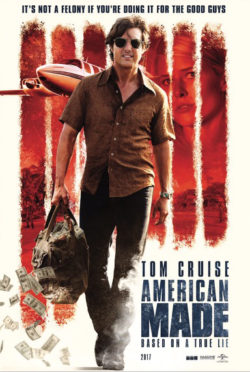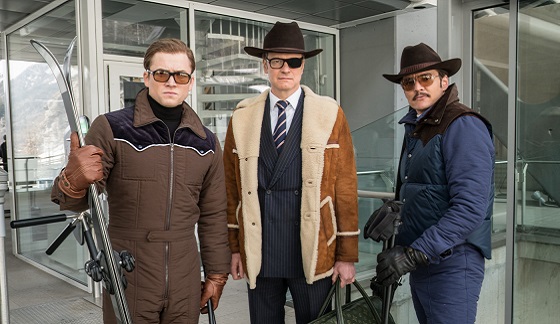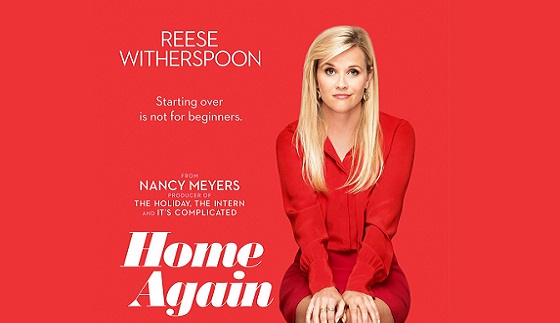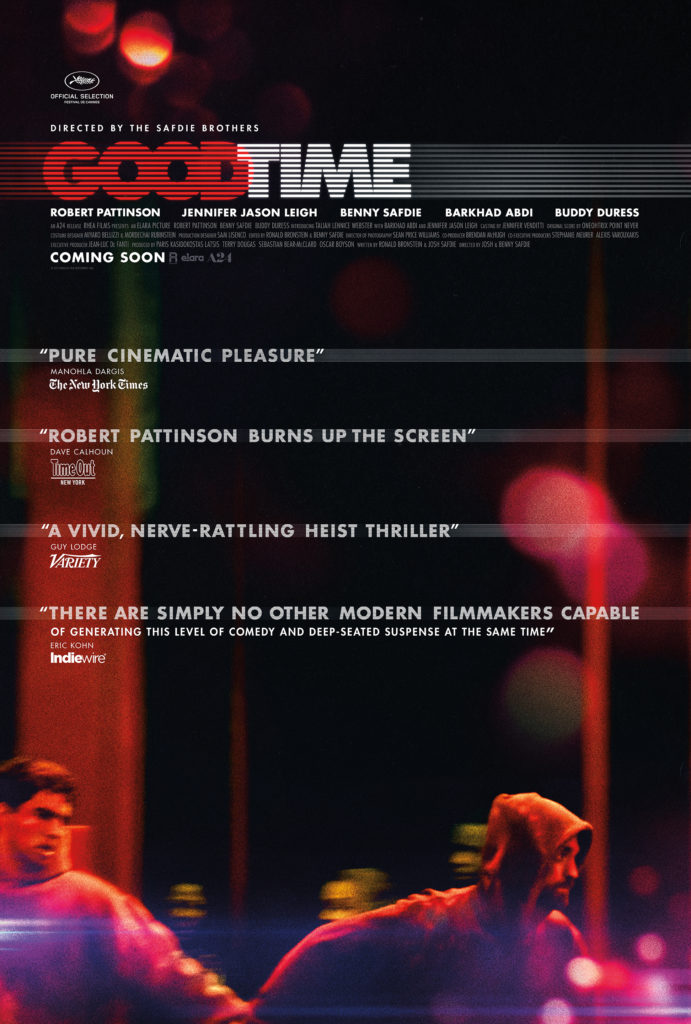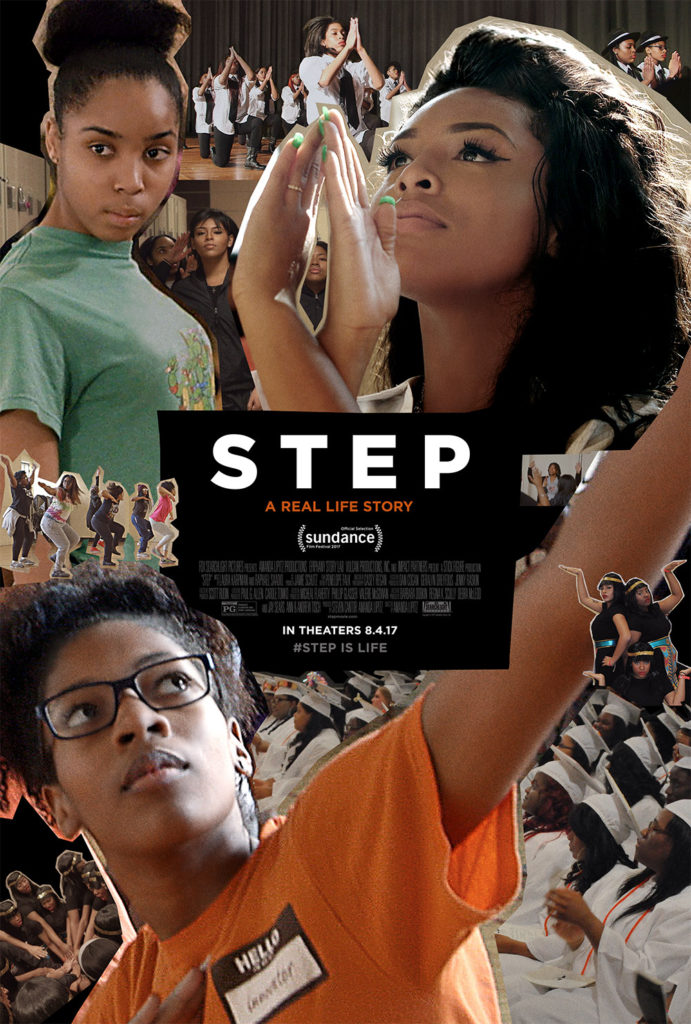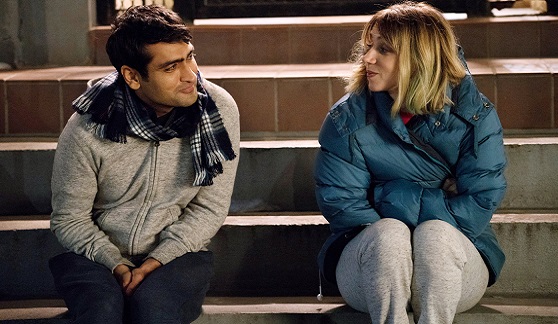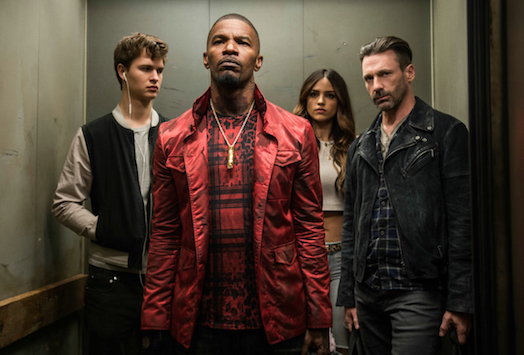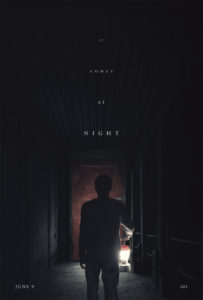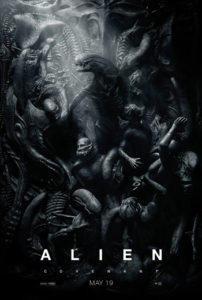Starring: Domnhall Gleeson, Margot Robbie and Kelly MacDonald
Directed By: Simon Curtis
Rated: PG
Running Time: 107 minutes
Fox Searchlight Pictures
Origin stories are all the craze in Hollywood right now, so why not one for Winnie the Pooh? I know that’s a tough sell. But luckily “Goodbye Christopher Robin” is a decent enough biopic drama that sometimes handles the weight of its thematic messages. The film is about author A.A. Milne (Gleeson) and how through his own struggles and an attempt to bond with his son, he created one of the world’s most iconic children’s characters.
The mood of England is to forget rather than confront the demons of WWI that linger throughout its picturesque countryside. Milne’s writer’s block is compounded by his that he suffered on the front lines. When Milne’s wife Daphne (Robbie) gives birth to their son, Christopher Robin (or Billy), Milne sees it as an opportunity to hit the restart button on life. The young family moves to rural Essex where Milne’s bouts with PTSD flare up, Daphne becomes disenfranchised with her husband and a young Christopher Robin has a more meaningful connection to the family’s live-in nanny.
It’s not until Milne’s life begins crumbling around him, that he attempts to find some sanity and joy to grasp on to by playing with his son in the surrounding woods. Milne views these moments initially as an opportune moment to bond, but as time passes, he finds that his creative juices start to flow again. He brings his son’s stuffed animals to life and makes the sleepy humdrum woods around them more vibrant and adventurous. But not everything works out in the end as Christopher Robin’s persona becomes larger than his own life.
Most of “Goodbye Christopher Robin” is mired in turmoil, with happy moments and achievements sprouting up few and far between. But even those tiny victories for our characters are quickly overshadowed by more troubling developments. It’s interesting watching a family suffocate from early-to-mid-20th century tabloids and a boy’s childhood innocence and wonder get smothered in a flood of worldwide fame. Instead of playing with his toys or meandering outside, he’s making global calls to radio stations and having tea with dignitaries.
Gleeson plays an emotionally fragile, yet stonewalled man who’s finding it hard to tap into his own youth that was nearly killed in No Man’s Land. Much of his role is spent expressing the difficulty of restraining tears and fear while raising a child, teenager, and then a man. He’s definitely the highlight of the film considering Robbie is wasted as her character is relegated to bored housewife/angry spouse purgatory for unknown and unexplained reason. Gleeson also has to work with a child actor that’s equal parts adorable and annoying.
“Goodbye Christopher Robin” spends a little bit too much time playing in the woods instead of expanding on its emotional stakes for a finale that should have been way more impactful. It attempts to tie a lot of its theme together in the final few minutes, with some hitting harder than others. It manages to squander its theme of unnecessary war and the heartache it causes, but manages to find beauty in forgiveness and child rearing. We also learn that Christopher Robin’s miserable childhood led to happiness for millions of children and adults. Almost makes you hate yourself for ever taking pleasure in ever loving Winnie the Pooh.




